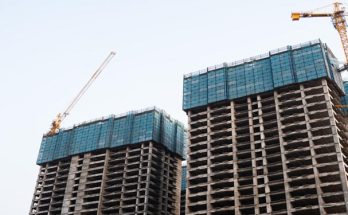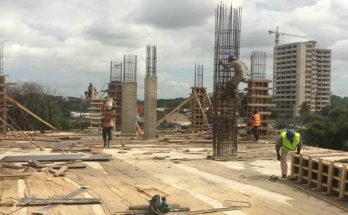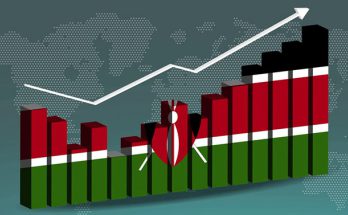 Two-thirds of the bamboo in Africa is situated in Ethiopa, and it is hoped that “green gold” can potentially power growth. In this country money really could grow on trees.
Two-thirds of the bamboo in Africa is situated in Ethiopa, and it is hoped that “green gold” can potentially power growth. In this country money really could grow on trees.
“The farmer who has bamboo is rich, but he doesn’t know it,” says Adane Berhe, CEO Adal Industrial PLC, which is helping to build the new industry.
Berhe has made multiple trips to China, the global hub of the bamboo trade, to acquire modern manufacturing equipment. This has allowed him to scale up from producing toothpicks to flooring and curtains. China is also beginning to invest in Ethiopia. Addis-Ababa is now a host to the International Network for Bamboo and Rattan (INBAR) which has now established an office in the city.
“Ethiopia has the resource. If they are working together, it’s perfect, and you can produce high quality products for international and domestic markets because China has the technology, the capital, and the international market,” says Fu Jinhe, East Africa Regional Coordinator for INBAR. It is estimated that the global market for bamboo is worth $60 billion and rising, a lucrative prospect for Ethiopian businesses, and potentially a major boost for the wider economy.
The bamboo trade will also benefit from its greater sustainability than rival materials such as timber. This is the fastest-growing plant in the world, capable of growing almost a meter a day, so stocks can be rapidly regenerated.
The plant is also extremely versatile. It can be used for everything from furniture to paper. Companies such as Adal could be the early adopters of a major new industry.



